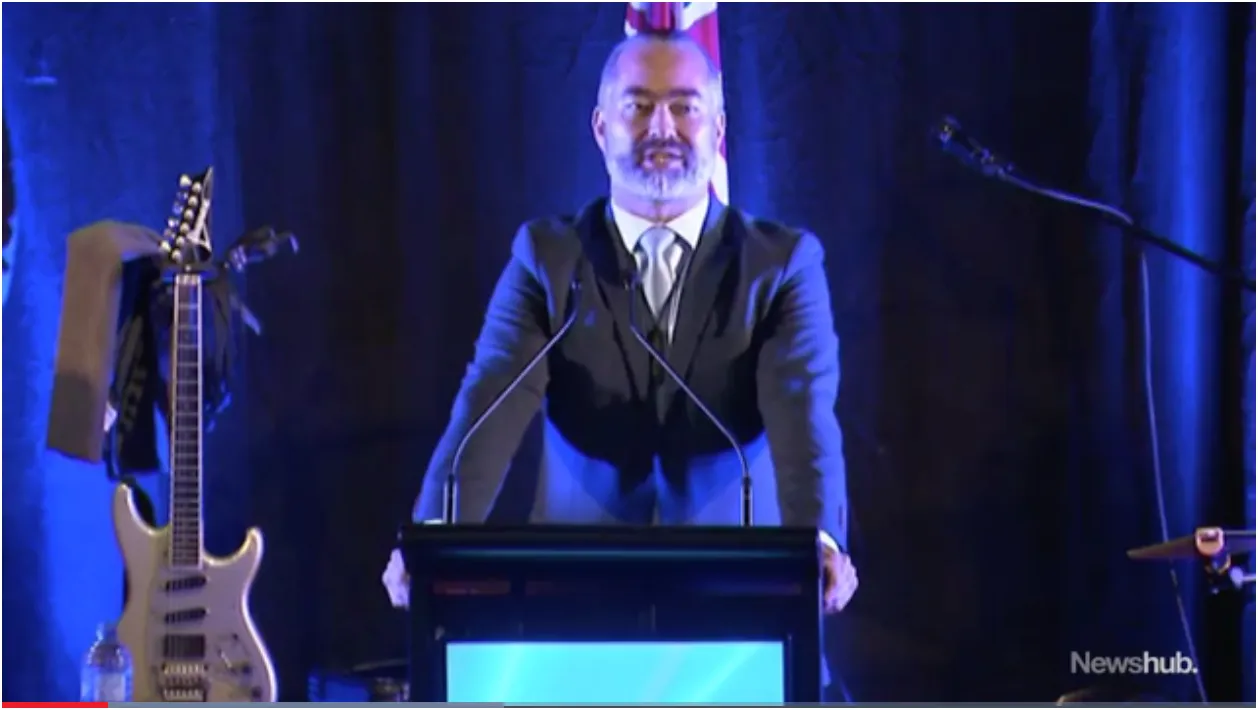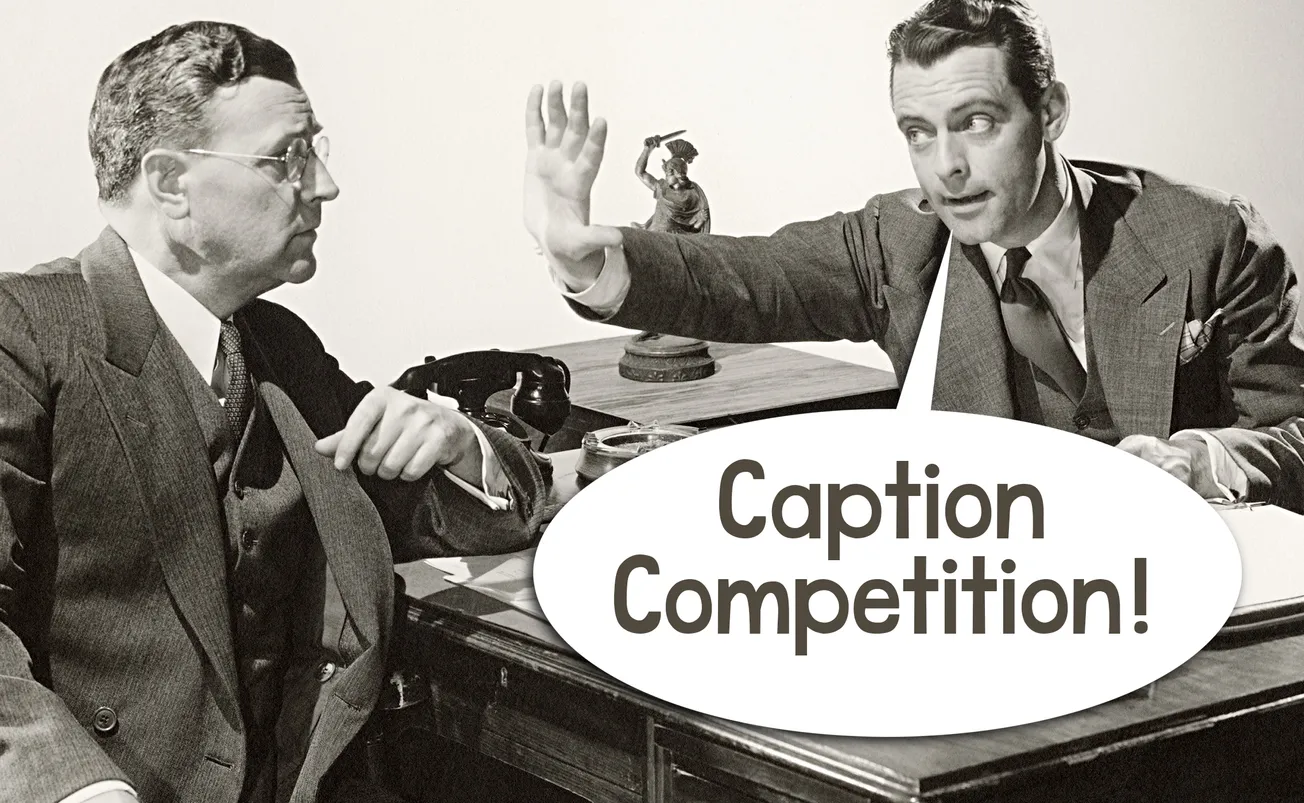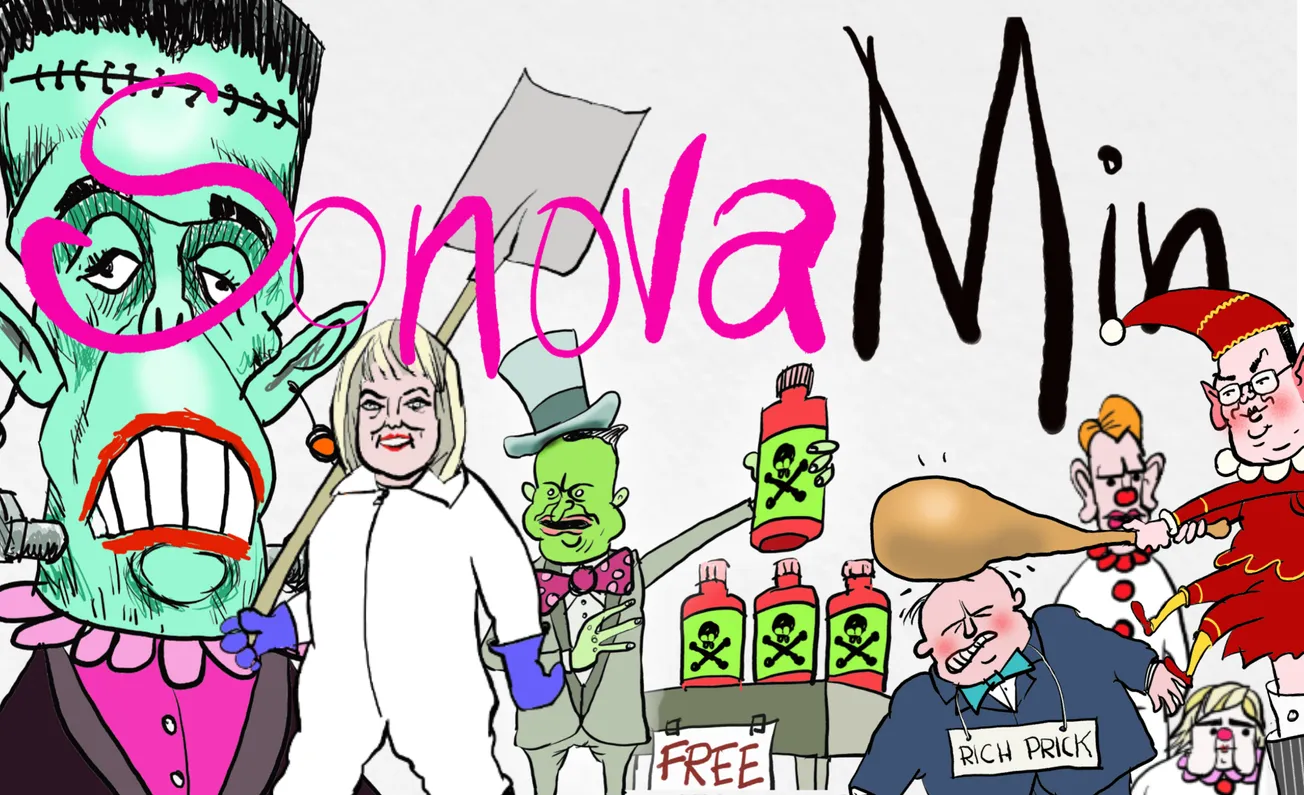Table of Contents
Thornton Blackmore
“Jump aboard this waka” is the party line among supporters for what has become New Zealand’s fastest growing political party.
Advance New Zealand Co-Leader Billy Te Kahika, whose grassroots popularity has been likened to that of former US Congressman Ron Paul, has already been polled by Colmar Brunton coming in third equal with Winston Peters and Christopher Luxon on 1% in New Zealand’s most preferred Prime Minister poll, which is an achievement of Everest proportions for a movement that is barely a few months old.
For many New Zealanders, Prime Minister Ardern’s medical dictatorship has revealed that all that glitters may not be gold. Indeed, as the illusion of Jacinda mania begins to evaporate, the torchlight is bringing a raft of political malpractices into consideration.
According to Te Kahika, “The government no longer follows acceptable democratic processes”, and as the party Co-Leader explains, “democracy is the mechanism for which freedoms are protected”.
Te Kahika has also commented that “governments that are constructed within a democratic framework, have to follow certain norms in the way that they carry out their governmental processes, and that includes making sure that there’s transparency, accountability and integrity in the decisions that they make and that they are for the benefit of our country”.
According to Te Kahika, “when a government circumnavigates those processes, then it’s a very, very slippery slope”.
Advance New Zealand have already pointed to Section 4 of the New Zealand Bill of Rights Act 1990 as a failing point in our democracy. Described by the party as the government’s “dirty little secret”, the loophole places the Act as subservient to other legislation and has facilitated many of the draconian edicts and enforcement powers associated with the COVID-19 Public Health Response Bill.
As former US Congressman, Ron Paul recently wrote, “Governments love crises because when the people are fearful they are more willing to give up freedoms for promises that the government will take care of them.”
Advance New Zealand have stated their intentions to overhaul and repair the defective Bill of Rights if appointed to government.
Te Kahika has also stated that “My intention is to set up an entire agency that will have about four different sub units in it that will be called People’s Commissions, to investigate a number of things on behalf of the New Zealand people”.
The party also wish to implement a system of ‘direct democracy’ that would introduce binding two-third majority referendums. According to the party’s Democracy Policy:
“An MP or a citizen may initiate a referendum on an act currently being debated — by asking for a threshold number of votes (50,000) from the people. If there are enough votes, the referendum will be triggered. There is a time limit of 100 days from the passing of a bill for this process to be completed.”
“A citizens’ initiative may bring a new matter to a referendum if the required public support can be found. This enables the people of New Zealand to require parliament to address pressing issues they would otherwise ignore.”
Indeed, the COVID-19 fiasco has shown the nation that we are only ever one election away from losing our essential freedoms. As such, Advance New Zealand seek to future-proof our democracy for generations to come.
The party intend to establish a Royal Commission of Inquiry in order to enshrine Te Tiriti o Waitangi and other founding New Zealand documents in a proper constitutional framework that cannot be overridden by the government.
The move would protect national and individual sovereignty, and as Te Kahika remarks “the Treaty document itself is a protective document for all of us, because our agreement is with the Crown, it’s not with the United Nations”.
Te Kahika, who has both Maori and Pakeha parentage, remarks “my absolute belief is that this document is now a New Zealanders’ document, it’s not just a Maori document”.
According to Advance New Zealand, “Any proposed constitution would be adopted or rejected by the vote of the people of New Zealand”.
This is a party which is already punching well above its weight.
As many in the Prime Minister’s ‘team of five million’ have now stopped tuning in for their daily dose of ‘truth’, many traditional voters may now be looking to Collins and the National Party in order to oust Ardern and her socialist experiment.
But pendulum politics of voting left and right do not address the source of the problem. To quote the single which was released by the Bonzo Dog Band ahead of the 1992 British general election “No matter who you vote for, the government always gets in”.
Indeed, for the first time in New Zealand’s history, voters now have a credible ‘third option’.
Advance New Zealand, who are standing over 60 candidates around the country, are widely expected to become the kingmaker this election, and as Te Kahika remarks, “We’ve got to prevent National coming in without strong backboned opposition to keep these guys accountable”.
Speaking at the Logan Campbell Centre, Te Kahika labelled fiscal irresponsibility by the Labour-led government as “ruthless, unrestrained spending, with no idea how they’re gonna pay it all back” while highlighting the Belarus President’s recent refusal to accept $940 million in rapid- financing from the International Monetary Fund to implement economically devastating lockdown measures.
It is prudent to remember that Britain did not finish paying off its debt from the Second World War until 2006 and that an estimated 10 cents of every federal tax dollar in the United States currently goes toward paying the interest alone on the non-military related national debt.
If you enjoyed this BFD article please share it.







